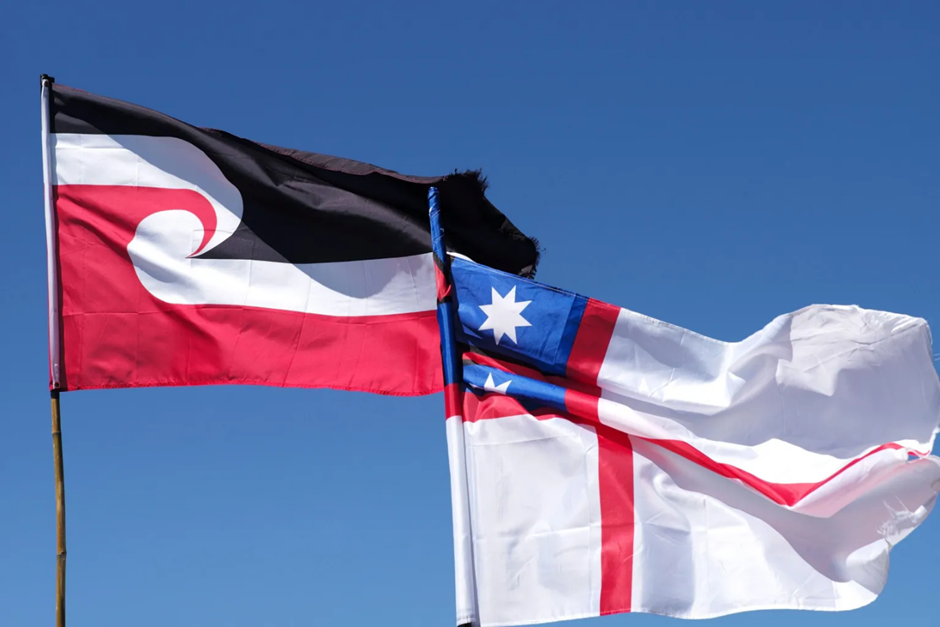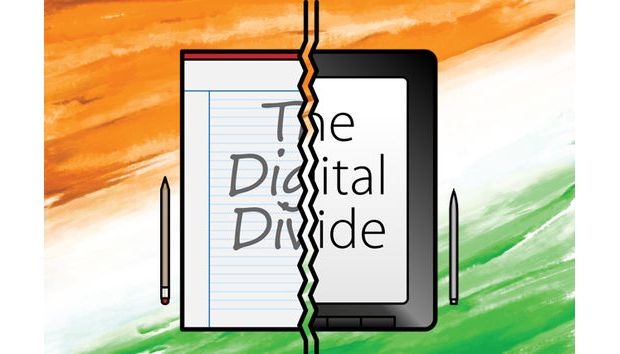Categories
Archive
- January 2026
- December 2025
- November 2025
- October 2025
- September 2025
- August 2025
- July 2025
- June 2025
- May 2025
- April 2025
- March 2025
- February 2025
- January 2025
- November 2024
- October 2024
- September 2024
- August 2024
- June 2024
- May 2024
- April 2024
- March 2024
- February 2024
- January 2024
- December 2023
- November 2023
- October 2023
- September 2023
- August 2023
- June 2023
- April 2023
- March 2023
- February 2023
- January 2023
- December 2022
- November 2022
- October 2022
- August 2022
- July 2022
- May 2022
- March 2022
- February 2022
- November 2021
- October 2021
- September 2021
- August 2021
- July 2021
- June 2021
- May 2021
- April 2021
- March 2021
- January 2021
- December 2020
- November 2020
- October 2020
- September 2020
- August 2020
- June 2020
- May 2020
- April 2020
- March 2020
- February 2020
- January 2020
- December 2019
- November 2019
- October 2019
- September 2019
- July 2019
- June 2019
- May 2019
- April 2019
- March 2019
- February 2019
- January 2019
- December 2018
- November 2018
- October 2018
- September 2018
- August 2018
- June 2018
- May 2018
- April 2018
- March 2018
- February 2018
- January 2018
- December 2017
- November 2017
- August 2017
- July 2017
- June 2017
- May 2017
- April 2017
- March 2017
- February 2017
- January 2017
- November 2016
- October 2016
- September 2016
- August 2016
- July 2016
- June 2016
- May 2016
- April 2016
- March 2016
- January 2016
- December 2015
- November 2015
- October 2015
- September 2015
- July 2015
- June 2015
- May 2015
- April 2015
- October 2014
- August 2014
- January 2014
- December 2013
- November 2013
- October 2013
- July 2013
- June 2013
- May 2013
- April 2013
- March 2013
- January 2013
- December 2012
- November 2012
- September 2012
- May 2012
- January 2012
- November 2011
- October 2011
- September 2011
- August 2011
- July 2011
- June 2011
- May 2011
- April 2011
- March 2011
- October 2010
- September 2010
- May 2010
- April 2010
- March 2010
- January 2010
- October 2009
- September 2009
- August 2009
- June 2009
- April 2009
- March 2009
- February 2009
- January 2009
- December 2008
- November 2008
- September 2008
- August 2008
- July 2008
- June 2008
- April 2008
- March 2008
- January 2008
- December 2007
- November 2007
- October 2007
- July 2007
- April 2006
- August 212
-

Māori Covid immunisation Data to be shared and the Sovereignty issues
The High Court decision that the Ministry of Health must hand over Māori Data to Whānau Ora is a significant and swift stride towards Māori Data Sovereignty that has left Māori and the government exposed. Ideally, the government and academia would have been engaging with Māori groups and Iwi to recognise Māori/hapū/marae/Iwi Data Sovereignty and
-

Marae Data Sovereignty Data Sets
This article introduces new datasets of Marae names that will form the basis of Marae data sovereignty for database administrators that recognise Marae rights and valuable information to navigate the whole Māori Data Sovereignty landscape. The data sets are available from https://github.com/ktaiuru Introduction Marae/Rūnanga Data Sovereignty refers to the inherent rights and interests of Marae/Rūnanga
-

Māori Data Sovereignty Principles – Updated
Update: All Māori Data Sovereignty posts have been combined and updated into a Compendium of Māori Data Sovereignty – https://www.taiuru.co.nz/compendium-of-maori-data-sovereignty/ These widely recognised principles are from Te Mana Rauranga and have been slightly modified to recognise tikanga Māori and all of Māori societies, modern and traditional and to ensure that the principles are future proofed for
-

Māori Data Sovereignty Commitment Statements
Update: All Māori Data Sovereignty posts have been combined and updated into a Compendium of Māori Data Sovereignty – https://www.taiuru.co.nz/compendium-of-maori-data-sovereignty/ To assist organisations to make public statements that both recognise and enact the instruments that protect Māori interests with Māori Data, all organisations should create public commitment statements that are committed to by the whole organisation.
-

Kaitiakitanga Māori Data Sovereignty Licences
This article introduces six new licence to protect Māori Data and recognise Māori Data Sovereignty rights today and for the next 1000 years. Māori Data Sovereignty principles are also updated to reflect Māori society and the Social Licence is reviewed as not appropriate for Māori and Indigenous Data. Citations This article can be
-

Hapū Data Sovereignty Dataset
A new dataset of Iwi and hapū names that will form the basis of hapū data sovereignty for database administrators allowing hapū to regain sovereignty over their own data in this new society where data is the new currency. Referencing This document may be referenced as: Karaitiana Taiuru (2021). Explanation and notes of the
-

Māori Data Sovereignty Consultation Obligations
Update: All Māori Data Sovereignty posts have been combined and updated into a Compendium of Māori Data Sovereignty – https://www.taiuru.co.nz/compendium-of-maori-data-sovereignty/ This article is the most recent in a number of Māori Data Sovereignty and AI posts. My previous post is called Māori Data Sovereignty an Updated Definition. Māori Data Sovereignty consultation requires much more than only
-

Māori Data Sovereignty an Updated Definition
Update: All Māori Data Sovereignty posts have been combined and updated into a Compendium of Māori Data Sovereignty – https://www.taiuru.co.nz/compendium-of-maori-data-sovereignty/ Over the past four years there has been such a directed focus on Iwi rights with Data held by the Crown that the definition of Māori Data Sovereignty has neglected traditional and modern Māori societal hierarchy
-

Can the Māori Language be colonised if used with AI and other digital technologies?
This brief article looks at the idea that the Māori language will be colonised if used in speech recognition, machine learning, AI and other linguist technologies. This article makes the argument that the Māori language can not be colonised and that by making such statements will only hinder Māori Peoples and wellbeing. As technology is
-

Māori Cultural considerations with Facial Recognition Technology in New Zealand
The New Zealand Police, Customs, Ministry of Justice, DIA and other government agencies have a wide arsenal of Facial Recognition technologies with little or no regulation or consultation with Māori. This will likely lead to the likelihood of further widespread discrimination and cultural unsafe practices that will directly impact Māori as we have already seen
-

Māori Data Sovereignty and Associated Legal Instruments
Update: All Māori Data Sovereignty posts have been combined and updated into a Compendium of Māori Data Sovereignty – https://www.taiuru.co.nz/compendium-of-maori-data-sovereignty/ A new and inclusive of all Māori people and societies, not just Iwi as has been the status quo since Māori Data Sovereignty was first discussed in 2016 or thereabouts, definitions of Māori Data and Māori
-

Māori Data Sovereignty and Digital Colonisation
Presentation to the Digital Justice – Emerging Technologies, Methods and Research on September 11 2020. Presentation here. Abstract An introduction to Māori and Indigenous Data sovereignty and digital colonisation. The presentation starts with a traditional Māori society view of Data, customary ownership values, Treaty of Waitangi values and Indigenises digital data to show the importance
-

Govt app discriminates against Māori language in another embarrassing ICT lesson
Another embarrassing lesson for the ICT and Digital industry when working with the New Zealand government. If you don’t consider Treaty of Waitangi/Te Tiriti with digital projects you could unintentionally discriminate against Māori, Treaty and in this case legislation that protects and enhances the Māori Language. The New Zealand Covid app provided by the Ministry
-

Māori Data Sovereignty Rights for Well Being
Update: All Māori Data Sovereignty posts have been combined and updated into a Compendium of Māori Data Sovereignty – https://www.taiuru.co.nz/compendium-of-maori-data-sovereignty/ In today’s modern society, Māori need to consider the impacts of colonialism upon all aspects of life, including Digital and Māori Data. The definition of Data is taken from “Data is a Taonga” . “Data that
-

Data is a Taonga. A customary Māori perspective
Also see Māori Data is a Taonga Chapter Also of interest and diverse views, an interview in English with myself, Tau Henare and Ngapera Riley discussing Māori Data as a Taonga https://www.youtube.com/watch?v=57nFcXAycFg 2018 version (original) This paper has been written to fill a void of information about data being a taonga and why there are
-

New web could be Indigenous friendly
Sir Tim Berners-Lee, inventor of the World Wide Web, is leading the design of a new initiative called Solid. The project aims to radically change the way Web applications work today, resulting in true data ownership as well as improved privacy. Solid could have positive benefits for Indigenous Peoples of the world. The World Wide Web
-

Can te reo Māori be digitally colonised?
Voice recognition of te Reo Māori and automated Maori translations via a computational device is colonisation and commercialisation no matter if by Māori or by tauiwi. Our traditional stories warn us of such recordings of the voice. Hence, I believe the reason why our learned old people shied away from recordings of the person and
-

Indigenous Peoples access to the new digital Terra Nullius
This research shows that there is a lack of access to Internet and infrastructure by Indigenous Peoples of Alaska, New Mexico and Hawai’i and proves that the Internet is a digital Terra Nullius where colonizers have systemically obstructed access and denied equitable representation to Sovereign nations of: Alaska, New Mexico and the Indigenous Peoples of
